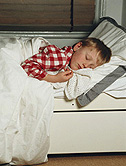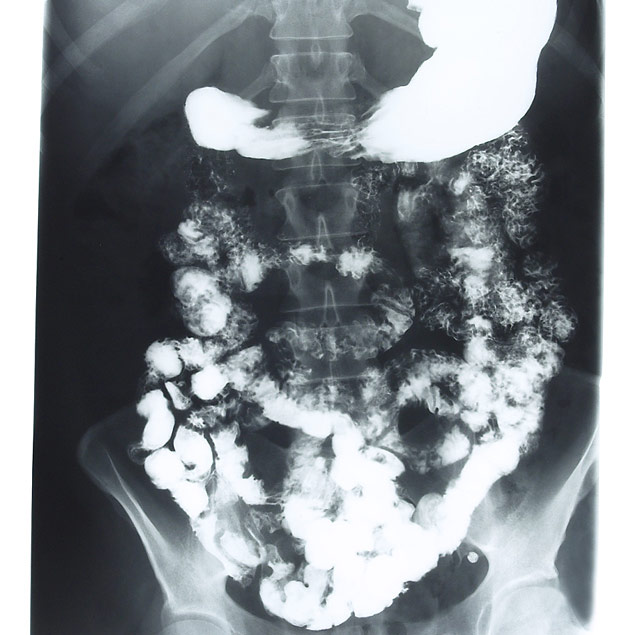
MONDAY, Feb. 6 (HealthDay News) — Constipation is often the cause of bedwetting in children, a small, new study suggests.
Failure to diagnose constipation as the cause of bedwetting can lead parents and children on an unnecessarily long, costly and difficult effort to cure nighttime wetting, the Wake Forest Baptist Medical Center researchers said.
They found that 30 children and adolescents, aged 5 to 15, who sought treatment for bedwetting had large amounts of stool in their rectums, even though most of them had normal bowel habits. Laxative therapy cured 25 (83 percent) of the children of bedwetting within three months.
The study appeared recently online in the journal Urology.
“Having too much stool in the rectum reduces bladder capacity,” study author Dr. Steve Hodges, an assistant professor of urology, explained in a Wake Forest news release. “Our study showed that a large percentage of these children were cured of nighttime wetting after laxative therapy. Parents try all sorts of things to treat bedwetting — from alarms to restricting liquids. In many children, the reason they don’t work is that constipation is the problem.”
The link between excess stool in the rectum (the lower five to six inches of the intestine) and bedwetting was first reported in 1986, according to Hodges. But the finding did not lead to major changes in clinical practice, likely because the definition of constipation is not standardized or uniformly understood by everyone.
International Children’s Continence Society guidelines recommend that doctors ask children and their parents if the child’s bowel movements occur irregularly (less often than every other day) and if the stool consistency is hard, Hodges said.
“These questions focus on functional constipation and cannot help identify children with rectums that are enlarged and interfering with bladder capacity,” he explained. “The kind of constipation associated with bedwetting occurs when children put off going to the bathroom. This causes stool to back up and their bowels to never be fully emptied. We believe that treating this condition can cure bedwetting.”
More information
The U.S. National Kidney and Urologic Diseases Information Clearinghouse has more about bedwetting.

